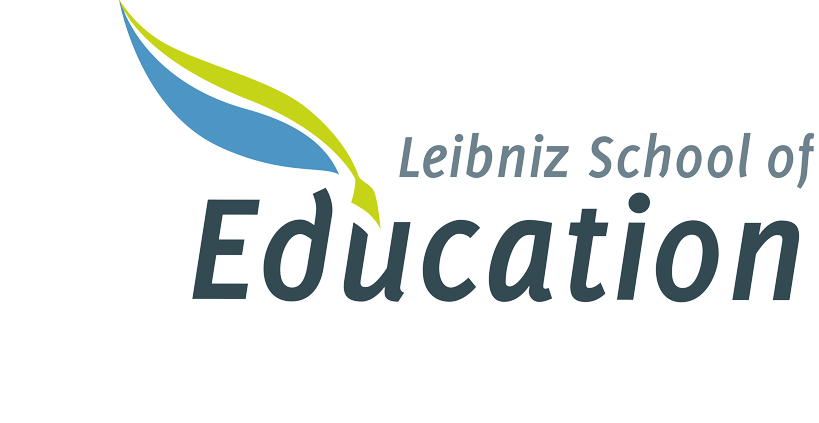Turning the Plurality of Chemistry into a Resource for Learning: A Core Competency of Chemistry Teachers
- authored by
- Andreas Nehring, Sascha Schanze
- Abstract
Chemistry is a science that not only examines substances at different levels of abstraction and involves a wide multitude of cognitive and experimental operations, but also used and uses a variety of concepts and representations referring to the same term. At the same time, many studies on the professional competencies of teachers underline the importance of content knowledge as a prerequisite for pedagogical content knowledge and instructional quality for example. While these studies use a quantitative logic of more or less chemistry knowledge, this paper argues that teachers do not only have to understand chemical concepts but also have to be able to manage conceptual plurality. This involves explaining phenomena based on different concepts, comparing their explanatory power and their limitations, and reflecting upon their sometimes different ontological and epistemological status. We propose conceptual clarifications for acid–base chemistry, redox chemistry, and atomic and bonding models to indicate how plurality manifests itself in chemistry in the first place. On this basis, we derive five approaches showing how managing conceptual plurality in chemistry helps to support learning chemistry. Teachers are more likely to make adequate curricular decisions, to anticipate students’ conceptions, to support transitions between concepts meaningfully, or to foster epistemic cognition as a part of learning chemistry. We discuss these approaches as explanations for findings in the field of teachers’ professional competencies.
- Organisation(s)
-
Chemistry Education Section
Leibniz School of Education
- Type
- Article
- Journal
- Science & education
- No. of pages
- 28
- ISSN
- 0926-7220
- Publication date
- 17.02.2025
- Publication status
- E-pub ahead of print
- Peer reviewed
- Yes
- ASJC Scopus subject areas
- Education
- Electronic version(s)
-
https://doi.org/10.1007/s11191-025-00624-5 (Access:
Open)
-
Details in the research portal "Research@Leibniz University"


